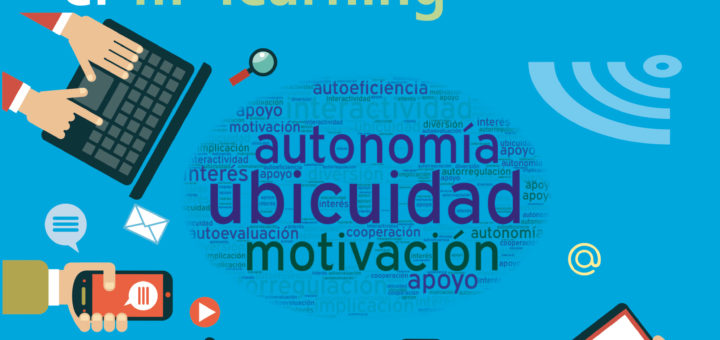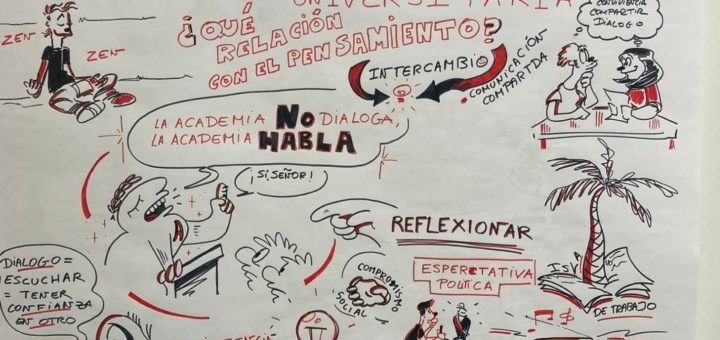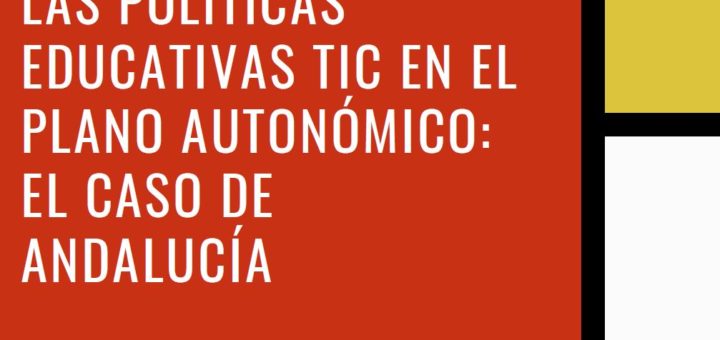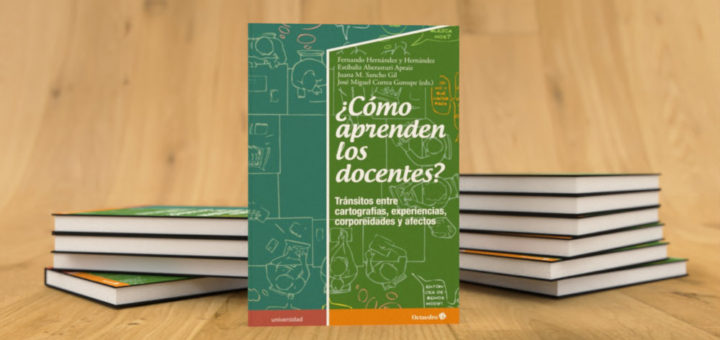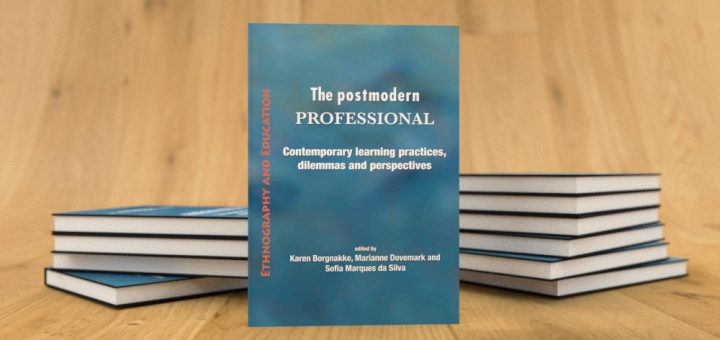Digital writing and education: m-learning
This work analyzes the educational potential of m-learning or learning supported by digital devices, such as smartphones, tablets and laptops. Its main advantages are permanent connectivity, mobility with Internet access anywhere (ubiquity), and interaction of different types with touch screens and educational and creative applications. Digital writing is a consequence of the use of these devices. Here, arguments are provided for the debate on the position of teachers and educational institutions regarding the presence of these tools in classrooms.
